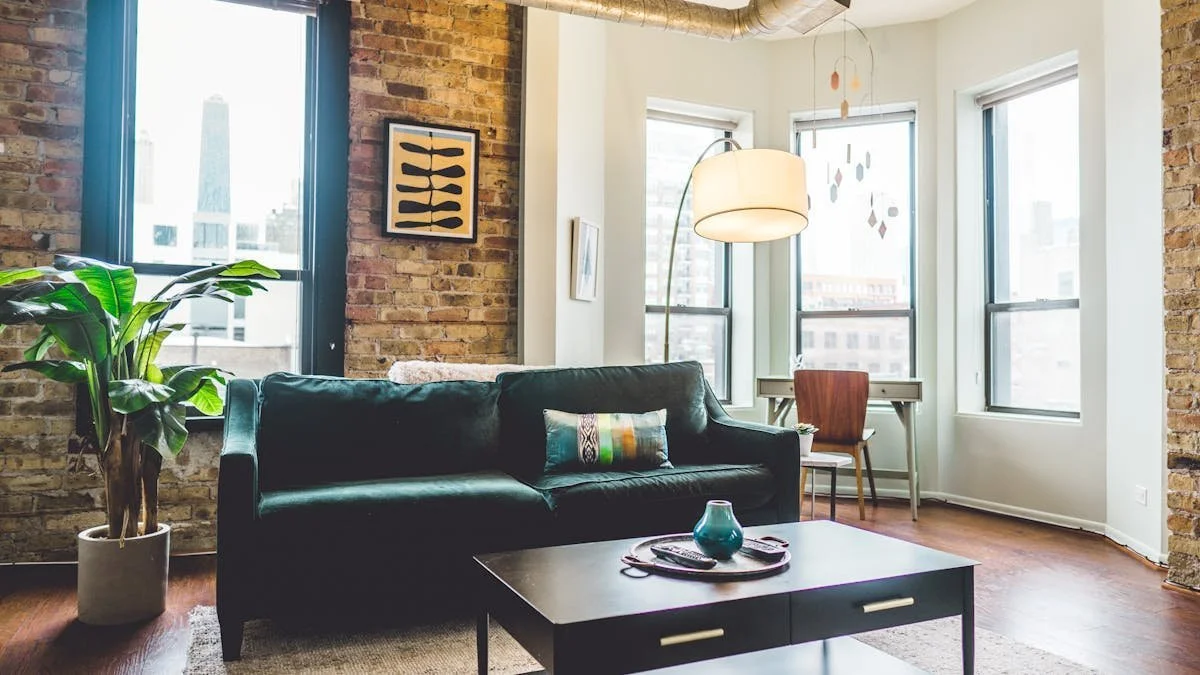Easing Into Leasing Your Property: Drafting a Lease for Your Rental Property
For homeowners who view their property as a strategic investment, or real estate investors looking to expand their portfolio, the residential lease agreement might appear to be straightforward and easily managed with a generic online template. However, this viewpoint overlooks the essential the fact that a lease is a legally enforceable agreement that, if not formulated correctly, can subject you to significant financial and legal vulnerabilities. Without a precisely drafted agreement, you risk disputes, damages, and litigation.
Relying on an inadequate lease extends far beyond minor inconveniences, directly impacting your investment returns and legal standing in Colorado’s landlord-tenant landscape. Ambiguous clauses regarding maintenance and repairs, insufficient provisions for lease violations and eviction, and a weak lease altogether undermine your ability to protect your asset. GLO specializes in crafting customized residential lease agreements for Colorado property owners, ensuring precision and strategic positioning to safeguard your financial interests.
Why Your Lease Needs to Stay Up to Date
Since COVID, Colorado's landlord-tenant laws have changed on a frequent basis, making it risky to use a generic lease you find online. These templates are rarely customized for your specific property, investment goals, or tenant situation, and they're almost never up-to-date with the latest laws.
For example, recent legislation has set strict limits on late fees. Landlords can't charge more than the greater of $50 or 5% of the overdue rent, and you must give a seven-day grace period. Ignoring these rules could result in you having to pay fees to the tenant.
New Warranty of Habitability laws also hold landlords to a high standard, requiring you to maintain critical systems and address issues like mold or bed bugs within very short timeframes. Outdated leases often fail to meet these new requirements. Starting in 2024 and 2025, new laws even require landlords to provide alternative housing if a unit becomes unlivable. An outdated lease could expose you to liability, or allow tenants to withhold rent or terminate their lease in unprecedented manor.
The legal landscape has shifted dramatically with the enactment of HB 24-1098. Previously, landlords could choose not to renew a lease without providing any reason. This "no-fault" model gave property owners flexibility, but it left tenants vulnerable. The new law changes this by requiring landlords to provide a legally acceptable reason for any lease non-renewal or eviction. This is a significant rebalancing of rights between landlords and tenants that requires landlords to be more strategic and legally precise than ever before. An outdated lease will not protect landlords and can lead to significant legal exposure.
If you have properties in multiple cities, you also have to deal with different local laws. These can cover everything from occupancy limits to what a landlord must do for non-renewal or eviction. Using an outdated, self drafted lease can lead to serious legal and financial consequences.
Understanding Security Deposits and the Cost of Oversight
Managing security deposits is another area full of legal traps for investors. While deposits protect against tenant damage, Colorado law has specific rules for how they are collected, held, and returned.
For instance, recent legislation has capped the maximum security deposit at one month’s rent and mandates that tenants be allowed to pay in installments. Landlords are prohibited from retaining any portion of the deposit for “normal wear and tear.” While distinguishing between normal wear and actual damage can be subjective, it still holds significance. Any misjudgment in this assessment—or failing to provide a written statement detailing deductions and supporting documentation within the stipulated timeframe—can result in severe penalties.
Colorado law holds landlords accountable for treble damages—three times the amount wrongfully withheld—in cases where they “willfully retain” a security deposit. This means even minor oversights on a few hundred dollars could result in thousands of dollars in damages. Additionally, the burden of proof lies with the landlord to justify any retained amount, making generic leases that aren’t regularly updated by an experienced Colorado real estate attorney inadequate protection. Such leases could potentially lead to costly legal battles and jeopardize your investment.
How GLO Can Help
For real estate investors seeking to safeguard their assets and optimize their returns in the Colorado rental market, a well crafted and legally compliant lease is not just a document; it serves as a cornerstone of protection. At GLO, we are dedicated to empowering landlords and investors by providing customized residential lease agreements tailored to their specific needs.
We offer far more than generic templates. Our comprehensive guidance is specific to your property, investment strategy, and the intricacies of Colorado landlord-tenant laws. Our services include drafting custom leases that incorporate the latest legislative updates, such as the requirements for late rent fees, security deposit handling (including new limits and installment payment provisions), and the structures of the Warranty of Habitability. This ensures that your lease accurately reflects your duties and legally assigns responsibilities to your tenants. We also help you understand the specifics of various local ordinances that could impact your property, ensuring compliance across different jurisdictions. By proactively addressing potential areas of contention and defining terms related to property use, maintenance, and dispute resolution, GLO helps you avoid the common pitfalls that lead to costly litigation. Our goal is to provide you with a lease that safeguards your investment, minimizes your liability, and allows you to confidently manage your rental properties with peace of mind.
Please fill out an Intake Form to inquire about working with GLO.
Explore our reviews to see how we’ve helped countless clients achieve their real estate and business goals.
GLO has prepared this blog to provide general information on legal issues that may be of interest. This blog does not provide legal advice for any specific situation and this does not create an attorney-client relationship between any reader and GLO or its attorneys. GLO engages clients only through specific signed fee agreements. GLO does not guarantee any results



